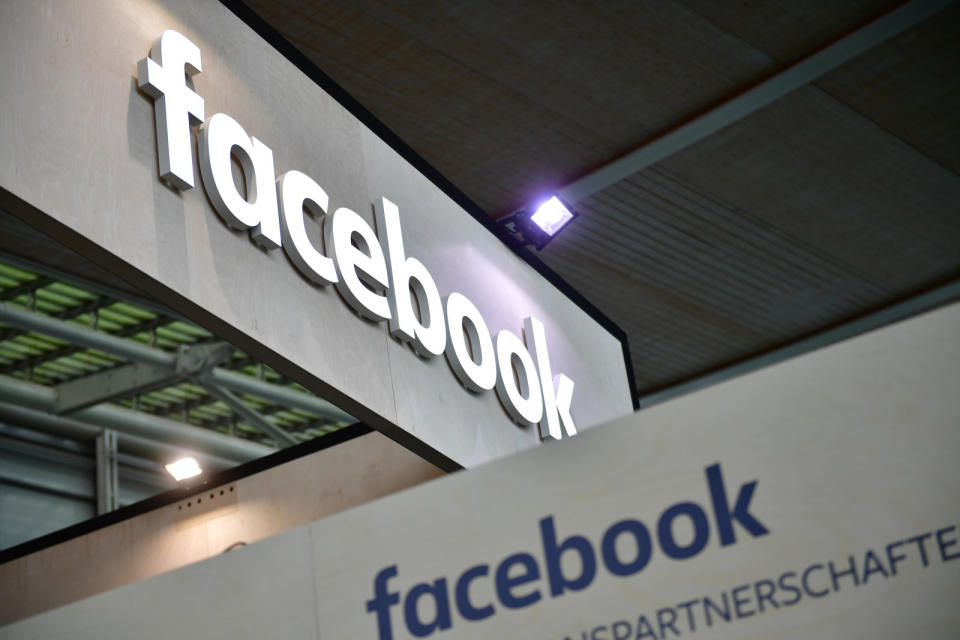Facebook expands news fact-checking program to 14 new countries
'The effort will never be finished and we have more to do.'
It's a Thursday morning, so that means Facebook has an announcement to share regarding its fight against fake news. The social network says it has expanded its third-party fact checking operations to an additional 14 countries. More than that, fact-checking photos and videos (verifying metadata against the context of the post, examining for any doctored elements) is making it way to another four countries.
Of course, Facebook is going to continue using machine learning and AI in its crusade against online propaganda. Specifically, the blog post says that after a French fact checker debunked a story about stroke prevention, Facebook was able to remove some 1,400 duplicate links and over 20 domains spreading the claim. The social network's fact-checkers will also start utilizing Schema.org's Claim Review for verification as well.
The next use of AI is further implementing it to "demote foreign pages" that Facebook thinks are likely to spread financially-motivated hoaxes to people in other countries, Think: Nigerian prince-style email scams, but in the form of Facebook pages.
Facebook is also providing an update regarding its academic research partnership to measure the role of social media in elections and democracy in general. The commission is staffing up and "establishing the legal and organizational procedures necessary to becoming fully independent," Facebook says.
Soon, the commission will launch a website and a request for proposals regarding the spread of fake news and conspiracy theories on Facebook and its effect on users. Said commission is developing privacy-protected data sets with samples of the links people tend to click on across the social network. The idea is for scientists to analyze the links and see what makes people click.
"The effort will never be finished and we have a lot more to do," the blog post proclaims. Facebook says that its fact-checkers have stopped the spread of stories "rated as false" by around 80 percent.
Sure, the update is appreciated, but until we see independent evidence of all of this being effective, it sounds like a lot of self-congratulatory platitudes. Time and again, be it the social network's role in alleged election meddling, its continuous foibles with AI or numerous lingering follow-up questions from Capitol Hill among many, may other instances, Facebook has proven that it still has a long way to go toward reestablishing public trust.



